All Formats & Editions

An Economic Interpretation of the Constitution ...
The whole theory of the economic interpretation of history rests upon the concept that social progress in general is the result of contending interests in society - some favorable, others opposed, to change. On this hypothesis, we are required to discover at the very outset of...
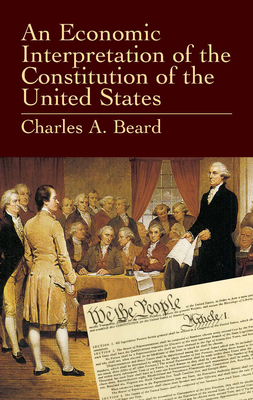
An Economic Interpretation of the Constitution ...
In this famous study, the author turned the hagiography of many earlier American historians on its head. Unlike those writers, who had stressed idealistic impulses as factors determining the structure of the American government, Beard questioned the Founding Fathers' motivations...
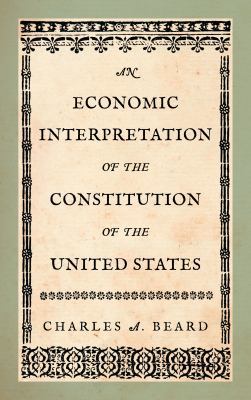
An Economic Interpretation of the Constitution ...
A CONTROVERSIAL INTERPRETATION OF THE FOUNDERS' INTENTIONS Beard's interpretation proposes that the Framers of the Federal Constitution were motivated primarily by economic concerns. This argument was widely held until the late 1950s, when it was gradually undermined by later...
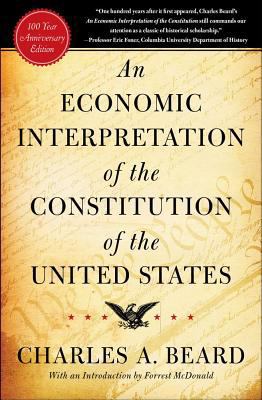
An Economic Interpretation of the Constitution ...
First published in 1913, Beard's iconoclastic masterwork sparked a deep historical debate that has not abated. Scrutinizing the Constitution in light of economic forces, he proposed for the first time that this politico-legal document was shaped by a group of men whose commercial...
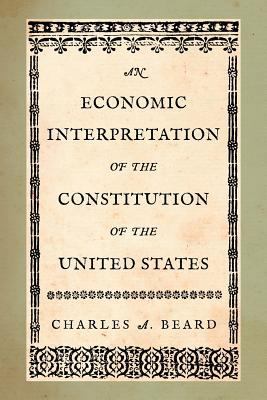
An Economic Interpretation of the Constitution ...
A CONTROVERSIAL INTERPRETATION OF THE FOUNDERS' INTENTIONS Beard's interpretation proposes that the Framers of the Federal Constitution were motivated primarily by economic concerns. This argument was widely held until the late 1950s, when it was gradually undermined by later...
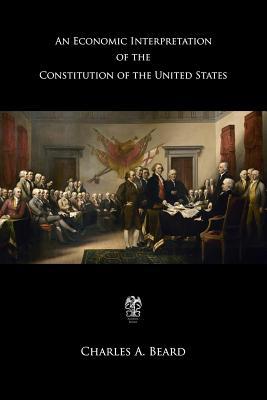
An Economic Interpretation of the Constitution ...
An Economic Interpretation of the Constitution of the United States, written by Charles Austin Beard, and published in 1913 argues that the structure of the Constitution of the United States was motivated primarily by the personal financial interests of the Founding Fathers;...

An Economic Interpretation of the Constitution ...
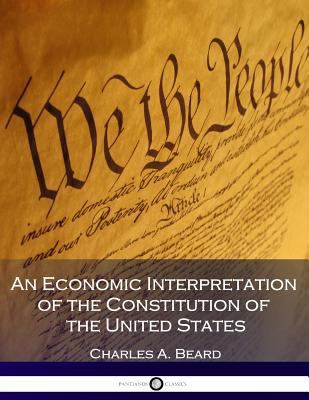
An Economic Interpretation of the Constitution ...

An Economic Interpretation of the Constitution ...

An Economic Interpretation of the Constitution ...

An economic interpretation of the Constitution ...

Economic Interpretation of the Constitut

Economic Interpretation of the Constitution of ...
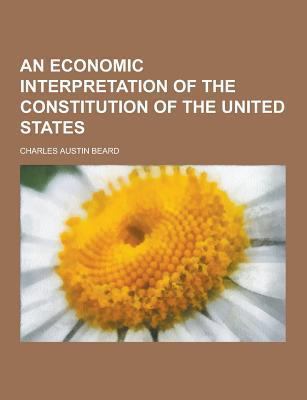
An Economic Interpretation of the Constitution ...

An Economic Interpretation of the Constitution ...
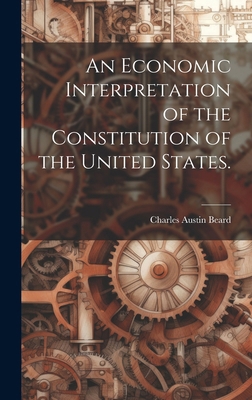
An Economic Interpretation of the Constitution ...
This seminal work of political economy offers a fresh and illuminating perspective on the US Constitution, exploring the economic and social forces that helped to shape this important document. With careful attention to historical detail and a nuanced understanding of economic...

An Economic Interpretation of the Constitution ...

Economic Interpretation of the Constitution of ...

An Economic Interpretation of the Constitution ...

An economic interpretation of the constitution ...

An economic interpretation of the Constitution ...

An Economic Interpretation of the Constitution ...
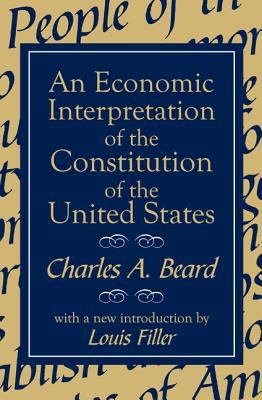
An Economic Interpretation of the Constitution ...
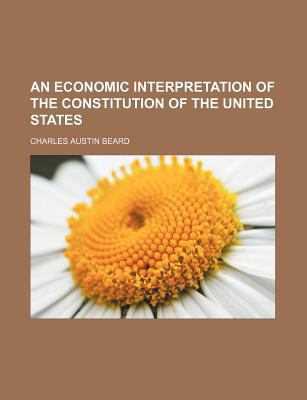
An Economic Interpretation of the Constitution ...




